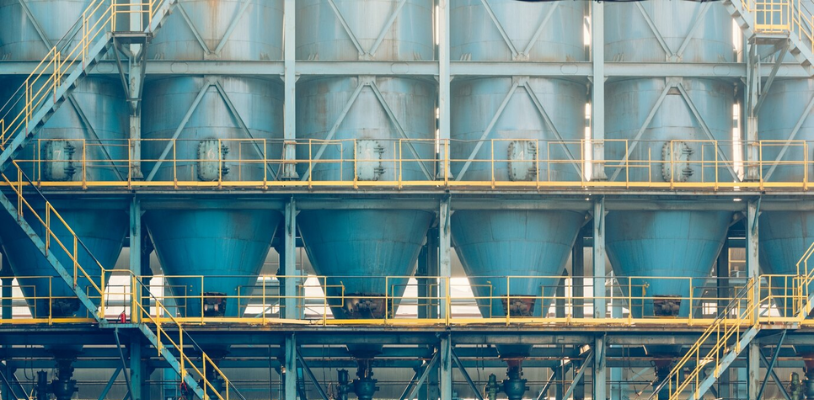
Bag Filter & ESP Applications in the Steel and Cement Industry
Both steel and cement industries are polluting industries because they are generally operated on large scale, with dusty and particulate operations at different stages. Regulating this pollution is essential to avoid environmental damage and protect workers. Bag Filters and Electrostatic Precipitators (ESPs) are two widely used technologies for controlling dust emissions in these industries. Enviropol, a well-known name in environmental technologies, has helped to pave the way for the study and application of these technologies in India.
Understanding Bag Filters and ESP
Bag filters and ESPs are APCEs. Both assist in cleaning dust and other hazardous particles from the air before it is released into the environment. In this, dust is getting accumulated in fabric bags of bag filters. When the dirty air flows through these bags, the dirt lodges in the cloth, and clean air flows out of them. Electrostatic precipitators act differently because they electrically charge particles in the air and capture them on plates with an electric field.
Importance in the Steel Industry
The steel industry creates dust, which can either be liquid or solid, as well as dust, smoke, gas. Such pollutants are capable of harming if they are released uncontrolled. Fine dust generated in the course of these operations is typically captured with bag filters in steel plants. They work so well because they can process tons of air and they can extract extremely small particles.
ESPs are also commonly used in iron and steel industry with high temperature and heavy dusts content. Since they are able to sort of clean the air forever, they are of use in helping with air quality in steel plants. The bag filters and ESPs are used to ensure that emissions are in accordance with the environmental norms.
Role in the Cement Industry
Dust control is essential in cement production. At various stages of cement manufacturing, dust is formed in the crushing, grinding and kiln processes. This dust is usually collected utilizing bag filters. They reduce the risk of dust explosions and prevent dust from entering the surrounding air.
ESP are also commonly used in cement factories in order to limit particulate emissions, especially those generated in the system of preheaters and pre-calciners. ESPs perform well under high-temperature circumstances as present in cement manufacture. Working together bag filters and ESPs help to clean up production in the fact that they restrict the release of harmful dusts during production.
Why It Matters Which Ones You Use
It is necessary for industrial plants to choose the correct dust control equipment. The steel and cement sectors are waiting for dependable, economical solutions made for their specific needs. Bag filters made by professional manufacturers are the ones meant to do this job with durability and effectiveness. In India, Air pollution control system suppliers such as Enviropol have such a well-known entity to whom the industries can turn to ensure the availability of customized solutions according to the requirements of these industries.
Conclusion
Pollution control is essential to control in the steel and cement industries, and is always a major technical problem. Bag filters and electrostatic precipitators provide effective means to capture and remove harmful dust from gas streams. Companies, such as Enviropol, specialized in manufacturing / supplying ESP, bag filter systems, play a vital role in keeping industrial air clean. The responsible use of these advances allows industries to protect employees, meet regulatory requirements and reduce environmental impact.
